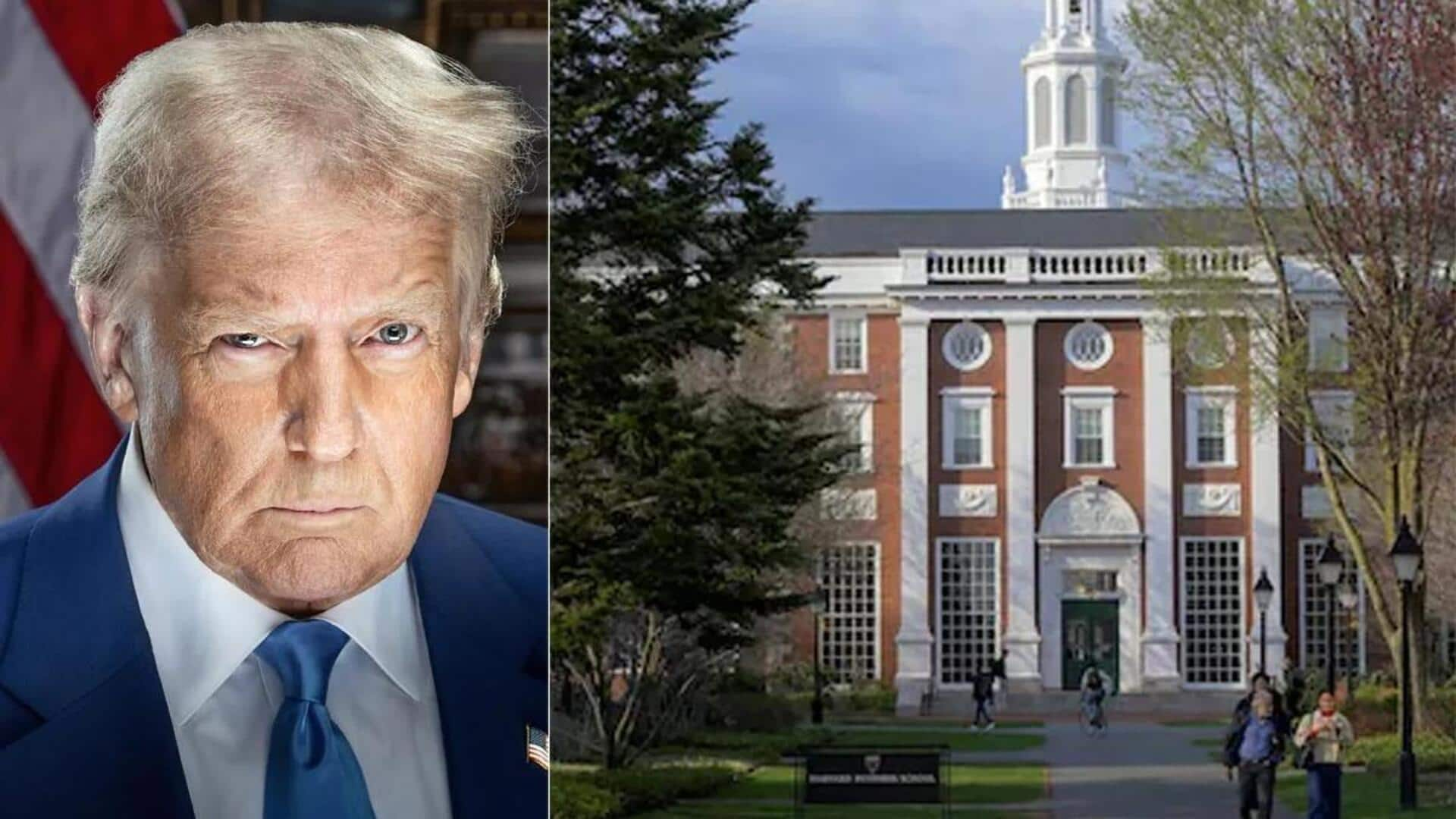
Harvard faces pressure to reject $500M settlement with Trump administration
What's the story
Harvard University is facing immense pressure from its students, faculty, alumni, and supporters to walk away from a proposed $500 million settlement with the Trump administration. The deal has been criticized for potentially compromising academic freedom and altering the governance of higher education institutions. Over 14,000 people have signed a letter urging President Alan M. Garber and the Harvard Corporation to reject this deal.
Academic concerns
'Chilling effect' on academia
The letter warns that accepting a deal to restore billions in frozen federal research funds for political concessions would have a "chilling effect" not just on Harvard but also on other universities across the US. The proposed settlement, which has been under negotiation since June, would see Harvard pay $500 million toward vocational and educational programs in exchange for full restoration of its research funding.
Precedent set
Other Ivy League schools have already settled
Notably, other Ivy League schools have already accepted similar settlements. Columbia University agreed to pay $220 million and allow administrative reviews, while Brown University paid $50 million and shared admissions data on race and gender. Critics of these deals argue that they set a precedent for political interference in academia.
Resistance
Broader demands from Trump administration
The letter's organizers, including student group Students for Freedom and alumni coalition Crimson Courage, have warned that the Trump administration's demands go beyond this at Harvard. They include restrictions on pro-Palestinian student groups, curbs on campus protests, and enhanced oversight of Middle East-focused academic centers. The signatories are urging Harvard to protect international affiliates from politically motivated targeting, reject "extortionate" fines, and maintain independence in admissions and hiring decisions.
Rising opposition
Growing opposition on campus
The opposition on campus has been growing in recent months. Students for Freedom held protests last semester while Crimson Courage mobilized 12,000 alumni to sign an amicus brief supporting Harvard's lawsuit against the funding freeze. Evelyn J. Kim, a Crimson Courage organizer, told The Harvard Crimson that "academic freedom and democracy are inherently tied," and once one side is affected, it impacts the other as well.